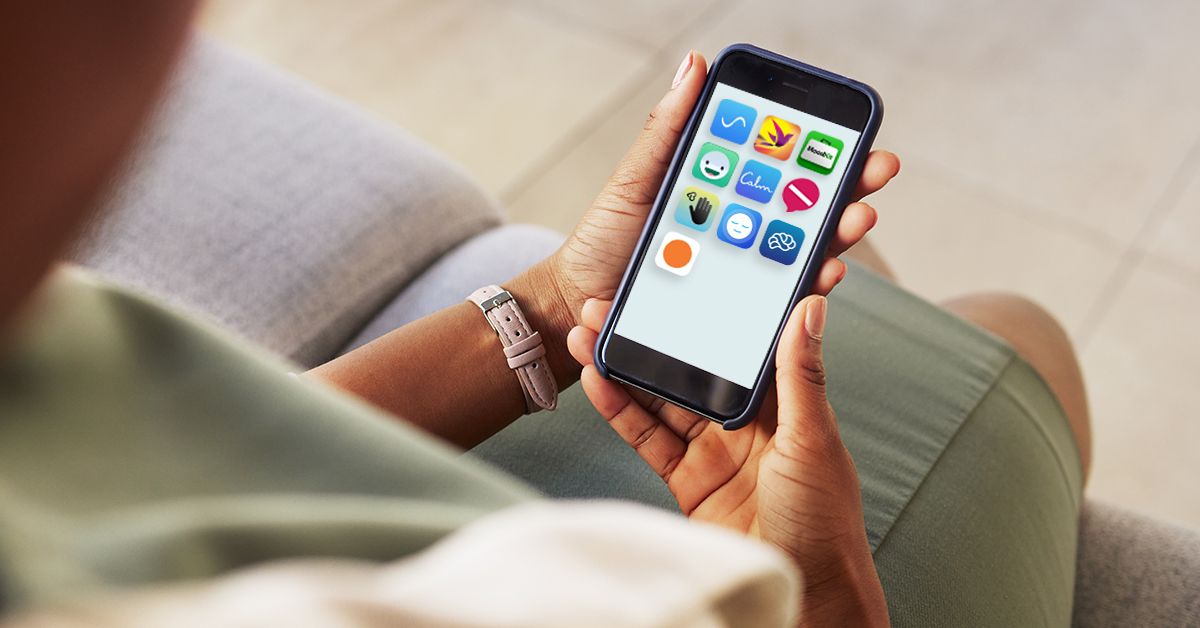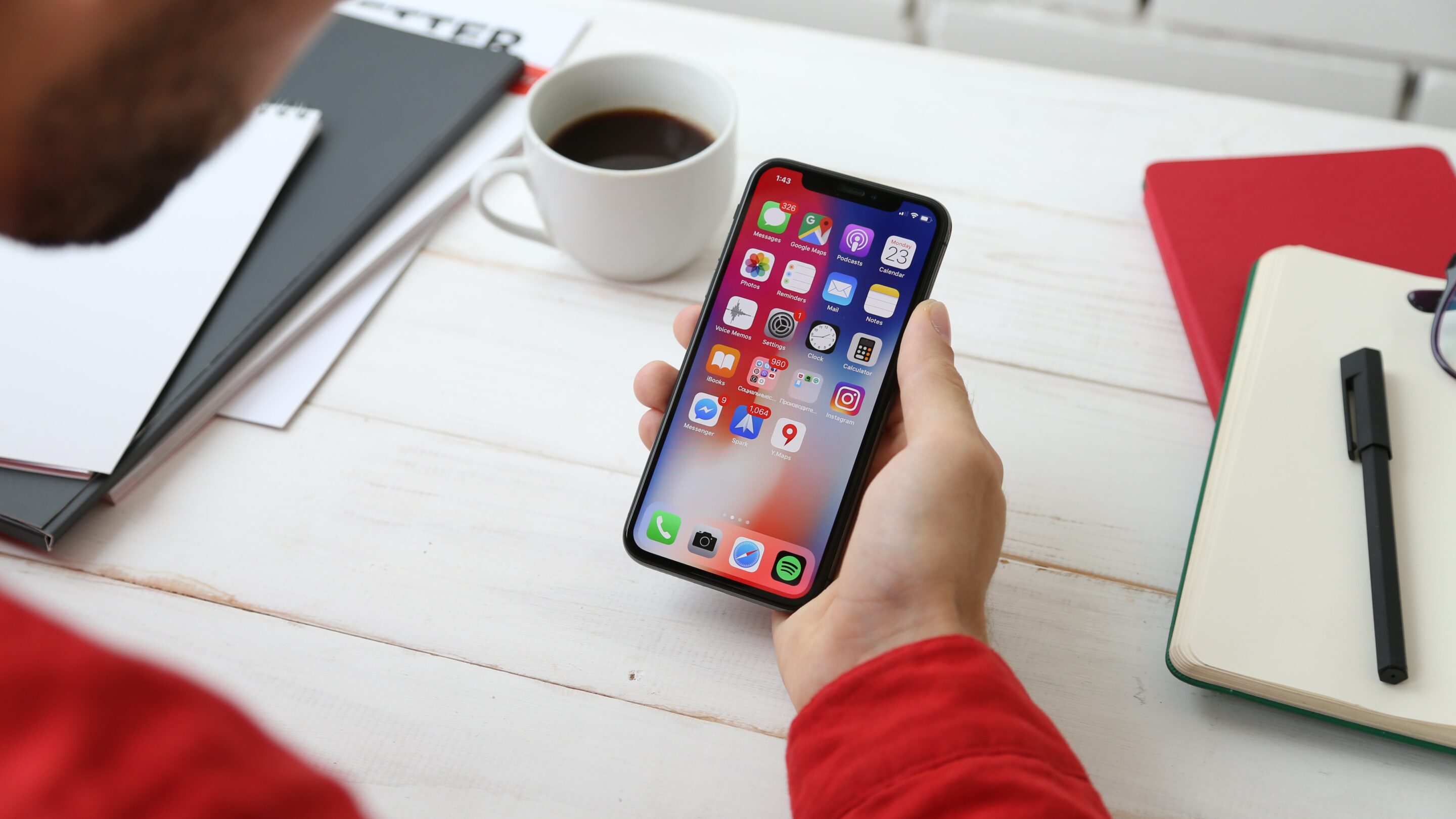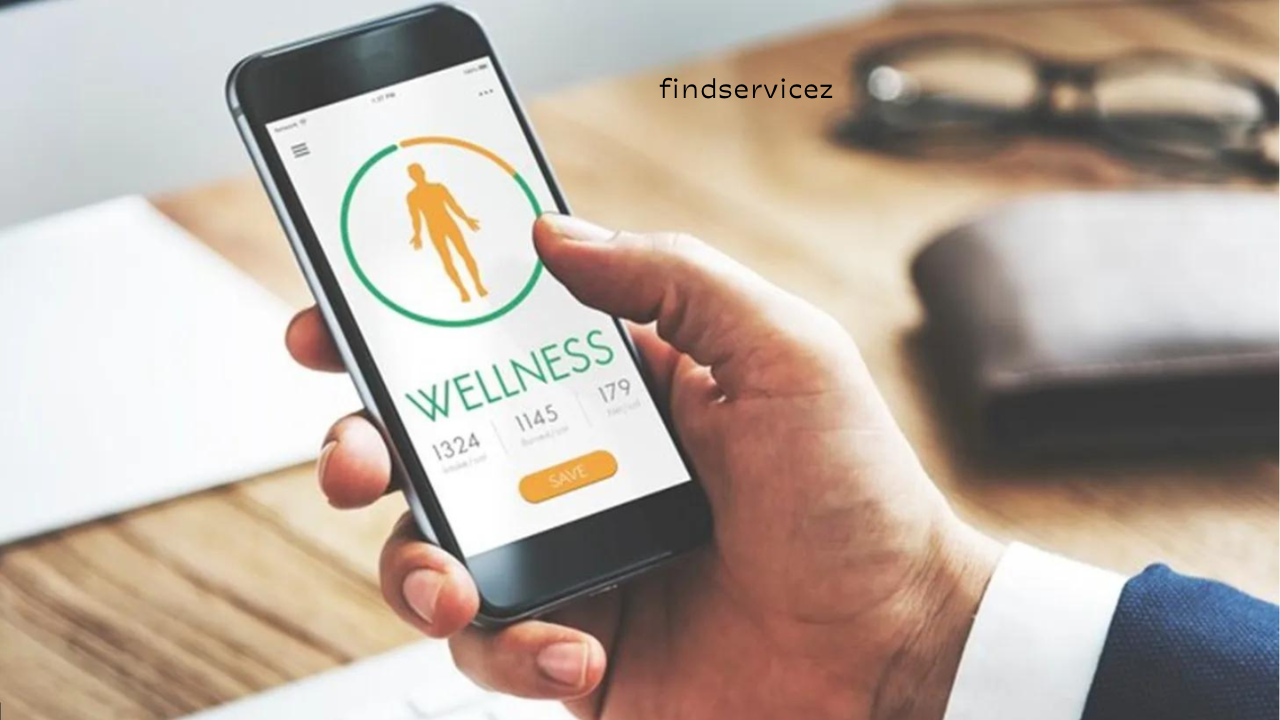In recent years, mental health has taken center stage in global conversations about overall well-being. As awareness about mental health conditions and the importance of self-care continues to grow, technology has stepped in to offer accessible and convenient solutions. Mental health apps have surged in popularity, providing individuals with tools for therapy, stress management, mood tracking, meditation, and more.
The COVID-19 pandemic further accelerated the adoption of mental health apps, with people seeking virtual solutions to address anxiety, depression, and emotional distress. Today, mental health apps form a major part of the $4.5 trillion wellness industry, offering a range of services that blend therapy, mindfulness, and habit-tracking into mobile-friendly platforms.
In this article, we will explore the rise of mental health apps, their market dominance, key players, features, benefits, and potential challenges. We will also analyze how they are transforming the wellness landscape.
The Rise of Mental Health Apps
1. Increasing Mental Health Awareness
The growing awareness surrounding mental health has significantly contributed to the demand for mental wellness solutions. Over the past decade, governments, celebrities, and advocacy groups have openly promoted the importance of mental well-being, reducing stigma and encouraging individuals to seek help.

Reports by the World Health Organization (WHO) indicate that approximately 1 in 4 people worldwide will experience a mental health disorder in their lifetime. However, due to financial, geographical, or social barriers, many individuals do not receive the necessary support. Mental health apps bridge this gap by offering on-demand, accessible, and affordable support to millions.
2. The COVID-19 Effect
The pandemic significantly accelerated the adoption of mental health apps. During lockdowns, people turned to digital platforms to manage stress, anxiety, and depression. According to Sensor Tower, downloads of mental health apps surged by 30% in 2020 alone.
The inability to access in-person therapy and the increased prevalence of remote work led individuals to explore teletherapy and self-care solutions through mobile applications. As a result, mental health apps became a mainstream wellness tool.
Key Features of Mental Health Apps
Mental health apps offer a wide range of features, catering to various aspects of psychological well-being. Some of the most common features include:
1. Meditation and Mindfulness
Meditation apps, such as Headspace and Calm, focus on mindfulness practices, guided breathing exercises, and stress-relief techniques. These apps offer audio sessions, sleep stories, and relaxation exercises designed to improve focus, reduce anxiety, and promote better sleep.
2. Cognitive Behavioral Therapy (CBT) and Self-Guided Therapy
Many apps use CBT principles to help users identify and challenge negative thought patterns. Apps like Woebot and BetterHelp use conversational AI to simulate therapy-like experiences, providing self-help exercises and real-time support.
3. Mood and Habit Tracking
Apps like Daylio and Moodfit allow users to log their daily moods, activities, and emotional triggers. This helps users identify patterns, track improvements, and gain insights into their emotional health.
4. Online Therapy and Counseling
Teletherapy platforms like Talkspace and BetterHelp offer access to licensed therapists through text, video, or voice calls. These apps make therapy more accessible and affordable, offering flexibility in scheduling and communication.
5. Stress and Anxiety Management
Apps such as Sanvello and Rootd focus on anxiety management through guided exercises, relaxation techniques, and panic attack support. They provide evidence-based coping strategies.
6. Sleep and Relaxation Aids
Poor sleep is linked to mental health issues. Apps like Sleep Cycle and Pzizz use soundscapes, white noise, and sleep analysis to help users fall asleep faster and improve sleep quality.
Top Mental Health Apps Dominating the Wellness Industry
1. Headspace
-
Category: Meditation and mindfulness
-
Description: Headspace is one of the most popular meditation apps globally. It offers guided meditation sessions for stress relief, sleep improvement, and emotional well-being.
-
Key Features:
-
Daily meditation practices
-
Sleepcasts and sleep music
-
Stress-relief exercises
-
Mindfulness courses
-
-
Impact: Headspace has over 70 million downloads worldwide and is widely used by both individuals and corporate wellness programs.
2. Calm
-
Category: Sleep, meditation, and relaxation
-
Description: Calm offers guided meditation sessions, sleep stories, and breathing programs. It aims to improve mental clarity, relaxation, and sleep quality.
-
Key Features:
-
Sleep stories narrated by celebrities
-
Breathing exercises for stress relief
-
Meditation courses for anxiety
-
Mood tracking and journaling
-
-
Impact: With over 100 million downloads, Calm has become one of the most dominant wellness apps in the industry.

3. BetterHelp
-
Category: Online therapy and counseling
-
Description: BetterHelp connects users with licensed therapists for virtual counseling. It offers individual, couples, and teen therapy sessions.
-
Key Features:
-
Unlimited text, video, and audio therapy
-
Flexible scheduling options
-
Secure and confidential messaging
-
-
Impact: BetterHelp has over 2 million active users and has gained popularity for its affordability and accessibility.
4. Talkspace
-
Category: Teletherapy
-
Description: Talkspace provides professional counseling and psychiatric services. Users can communicate with therapists via text, audio, or video.
-
Key Features:
-
AI-powered therapy matching
-
Real-time chat support
-
Secure and private communication
-
-
Impact: Talkspace is used by corporate wellness programs and individuals alike, making therapy more convenient and accessible.
5. Sanvello
-
Category: Anxiety and stress management
-
Description: Sanvello offers CBT-based therapy, mood tracking, and guided exercises to help users manage anxiety and depression.
-
Key Features:
-
Mood tracking and progress reports
-
Guided meditation and breathing exercises
-
CBT-based self-help programs
-
-
Impact: Sanvello is widely recommended by therapists and healthcare professionals.
6. Moodpath
-
Category: Depression screening and support
-
Description: Moodpath offers mood assessments, journaling, and therapy exercises. It helps users monitor their emotional well-being over time.
-
Key Features:
-
Daily mood assessments
-
Personalized mental health reports
-
Access to certified therapists
-
-
Impact: With over 2 million users, Moodpath has become a popular self-help app.
The Benefits of Mental Health Apps
1. Accessibility and Convenience
Mental health apps provide 24/7 access to support, making them highly convenient for individuals with busy schedules or those in remote areas. Users can access self-help tools or virtual therapy sessions from their smartphones.
2. Affordability
Traditional therapy can be expensive, with sessions costing $100-$200 on average. Mental health apps offer affordable subscription plans, with some starting at $10-$15 per month. This makes mental health support more accessible to a broader audience.
3. Privacy and Anonymity
Many users feel more comfortable seeking mental health support through apps due to the anonymity and confidentiality they provide. Users can track their moods or access therapy without fear of judgment.
4. Personalized Support
Mental health apps use AI-powered algorithms and data analytics to offer personalized recommendations, exercises, and mental health reports. This customization enhances the user experience and makes support more effective.
5. Data-Driven Insights
Most mental health apps offer mood tracking and analytics, providing users with valuable insights into their emotional patterns. This helps individuals and therapists identify triggers and track progress over time.
Challenges and Concerns
1. Lack of Human Interaction
While mental health apps offer accessibility, they lack the empathy and emotional connection of in-person therapy. Automated responses and chatbots may not provide adequate support for individuals with severe mental health conditions.

2. Privacy and Data Security
Mental health apps collect sensitive data related to emotional well-being, therapy sessions, and personal thoughts. Concerns about data privacy, security breaches, and third-party sharing remain significant challenges.
3. Limited Regulation
The mental health app industry is relatively new and lacks strict regulations. Some apps may offer unproven or ineffective solutions, misleading users. Regulation and quality assurance are necessary to ensure reliability.
4. Over-Reliance on Technology
While mental health apps are helpful, over-reliance on digital solutions may discourage users from seeking in-person professional care when necessary. Apps should complement, not replace, traditional therapy.
The Future of Mental Health Apps
As technology advances, mental health apps will continue to evolve, offering AI-driven therapy, virtual reality interventions, and biometric monitoring. The integration of wearable devices will enable real-time tracking of stress levels, heart rates, and sleep patterns, providing more comprehensive insights into mental health.
Additionally, partnerships with healthcare providers and employers will increase app adoption rates, making mental health support a standard component of workplace wellness programs.
Mental health apps have become a powerful force in the wellness industry, providing accessible, affordable, and effective support to millions of users. With features ranging from meditation and mood tracking to teletherapy and CBT, these apps offer innovative solutions for managing mental well-being.
While mental health apps offer numerous benefits, it is essential to address privacy concerns and maintain a balance between digital and human support. As the mental health app industry continues to grow, it has the potential to transform the landscape of mental healthcare, making support more accessible and effective than ever before.
